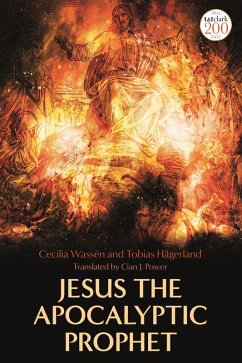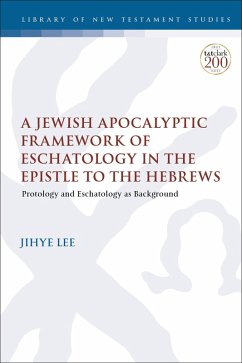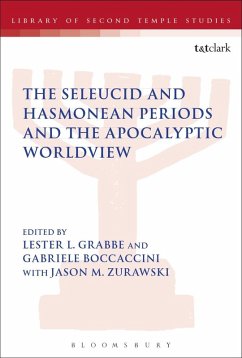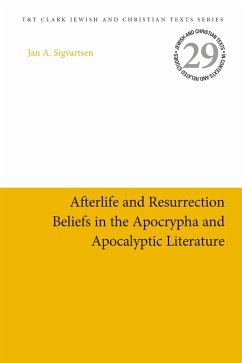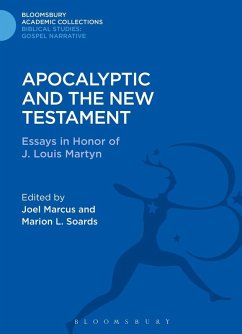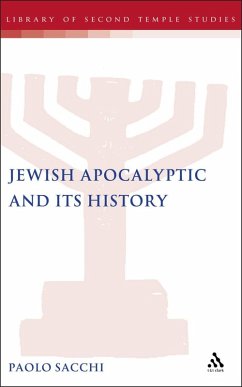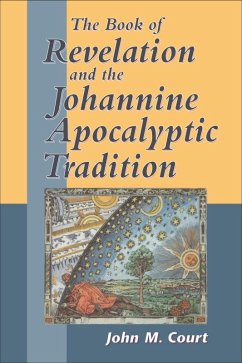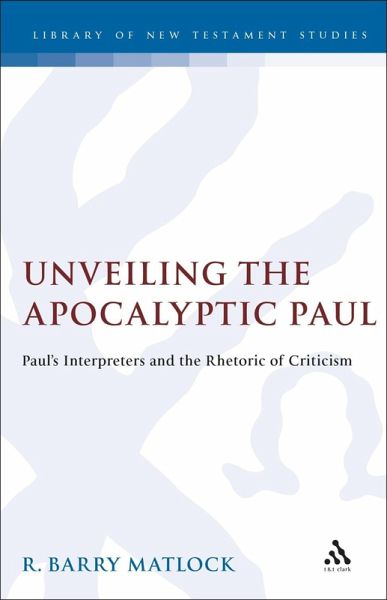
Unveiling the Apocalyptic Paul (eBook, PDF)
Paul's Interpreters and the Rhetoric of Criticism

PAYBACK Punkte
8 °P sammeln!
'Apocalyptic' is a key concept for 20th century interpretation of Paul, embracing several major figures and strands of inquiry. But the category 'apocalyptic' has itself of late come in for scrutiny, which in turn reflects back on 'apocalyptic' interpretation of Paul. This study offers a review of interpretation, ranging beyond Pauline studies to address 'apocalyptic' interpretation generally. Sustained attention to what interpreters are doing with this category, placed alongside what is claimed as being done, reveals a hermeneutical story of considerable interest and wide relevance, which sit...
'Apocalyptic' is a key concept for 20th century interpretation of Paul, embracing several major figures and strands of inquiry. But the category 'apocalyptic' has itself of late come in for scrutiny, which in turn reflects back on 'apocalyptic' interpretation of Paul. This study offers a review of interpretation, ranging beyond Pauline studies to address 'apocalyptic' interpretation generally. Sustained attention to what interpreters are doing with this category, placed alongside what is claimed as being done, reveals a hermeneutical story of considerable interest and wide relevance, which situates the whole interpretive dialogue.





